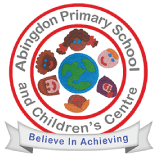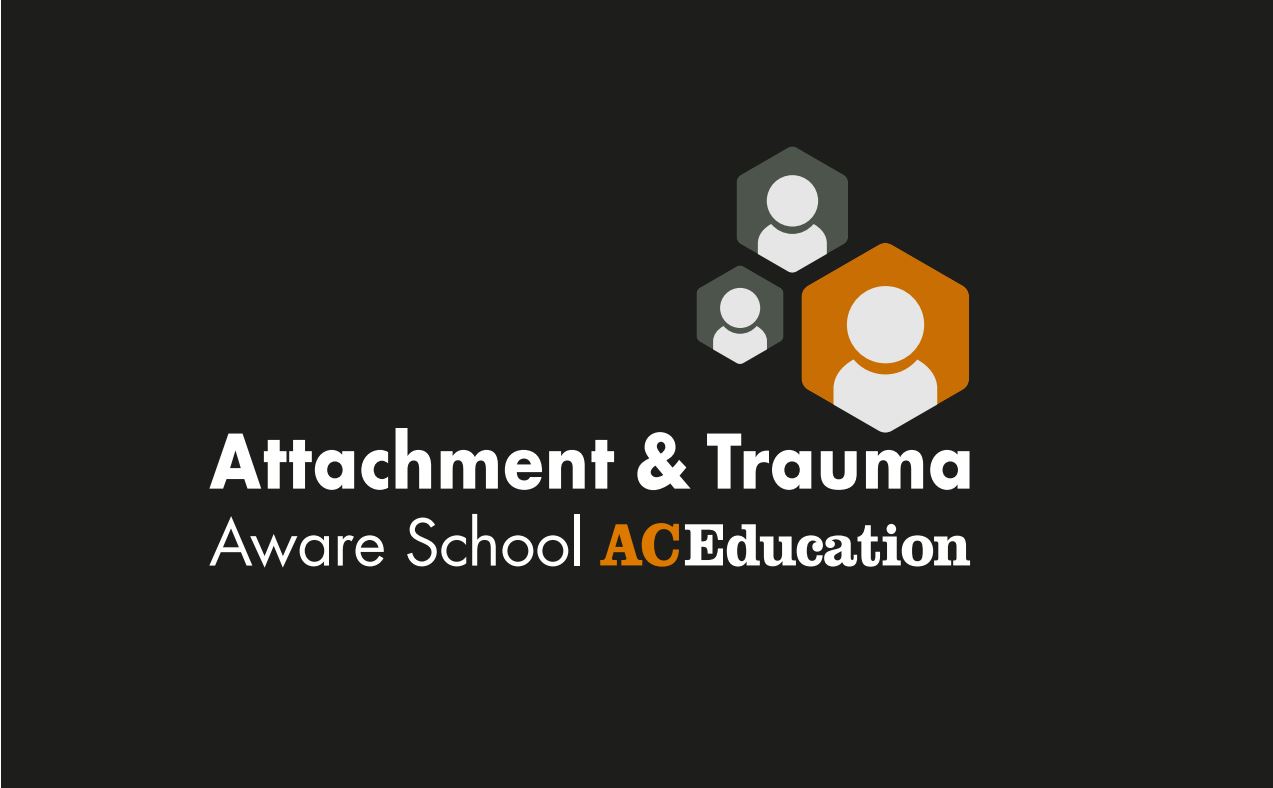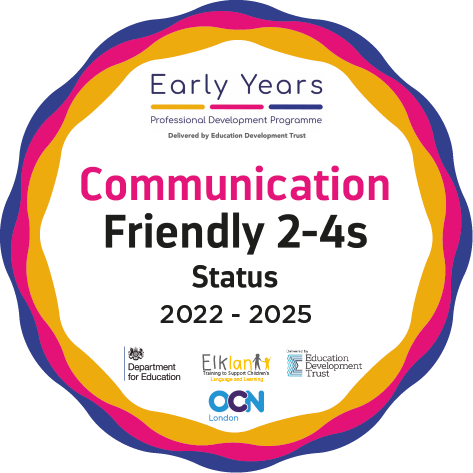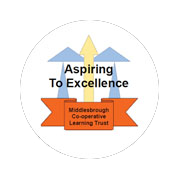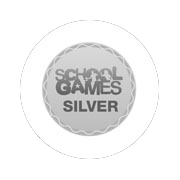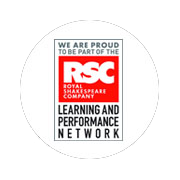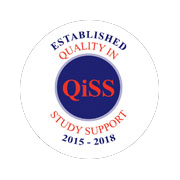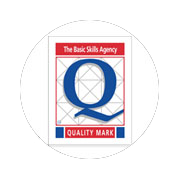“Drama in schools can unlock the use of imagination, intellect, empathy and courage. Through it, ideas, responses and feelings can be expressed and communicated. It carries the potential to challenge, to question and to bring about change”. Jude Kelly (theatre director)
At Abingdon Primary School, we believe that direct engagement in drama is essential as part of an arts-rich curriculum that every pupil has a right to experience.
Drama promotes language development and develops children’s thinking skills. Its collaborative nature provides opportunities for pupils to develop key skills of communication, negotiation, compromise and self-assertion. Pupils develop confidence when speaking and their vocabulary is extended when they adopt roles and characters. Pupils also acquire a critical and subject-specific vocabulary through reflecting on and appraising their own work in drama and the work of others.
What does drama look like at the Foundation Stage?
Pretending to be others in imagined situations and acting out situations or stories are important activities in the dramatic curriculum for the Foundation Stage. The imaginative role-play area and other play situations provide many opportunities for very young children to experience and develop their early drama skills and knowledge, and to learn about the world.
What does drama look like at Key Stage 1?
During Key Stage 1, pupils move from make-believe dramatic play for themselves to a more consciously planned form of drama. Practice at Key Stage 1 involves pupils in activities such as exploring their ideas through devising scenes. They can work with a Teacher in Role, enacting their own stories for others through small group playmaking, using symbolic ‘costumes’ and props to stimulate drama narratives. Pupils become increasingly aware of their audience and act out stories using voice, movement, gesture and basic sound effects.
What does drama look like at Key Stage 1?
During Key Stage 2, pupils use a wider range of dramatic devices and techniques.
Increased control of voice and body means that they portray more precisely defined characters. Pupils produce work with a clear story line and structure.
Pupils learn lines and write short scripts which grow out of practical exploration of a story. They also experiment with simple technical effects and equipment.
At both Key Stages 1 and 2 drama plays a significant role in developing pupils’ Insights into narrative and character as well as their speaking and listening skills.
Both improvised and scripted drama provides a strong stimulus for writing. By writing from the point of view of a particular character (writing in role) children are enabled to express their understanding of the roles, events or situations they have experienced.
Drama and SMSC
At Abingdon we recognise that social wellbeing is founded on personal maturity and emotional literacy. Human concerns and relationships are the foundations of much drama and drama based lessons can provide a safe context to explore issues, ideas and dilemmas relevant to pupil’s lives. It therefore, makes a particular contribution to personal, social and moral education which is essential for all pupils.
Click HERE to view the drama progression document.
“Imagining what it is like to be someone other than yourself is at the core of our humanity. It is the essence of compassion, and it is the beginning of morality”.
Ian McEwan (writer)


